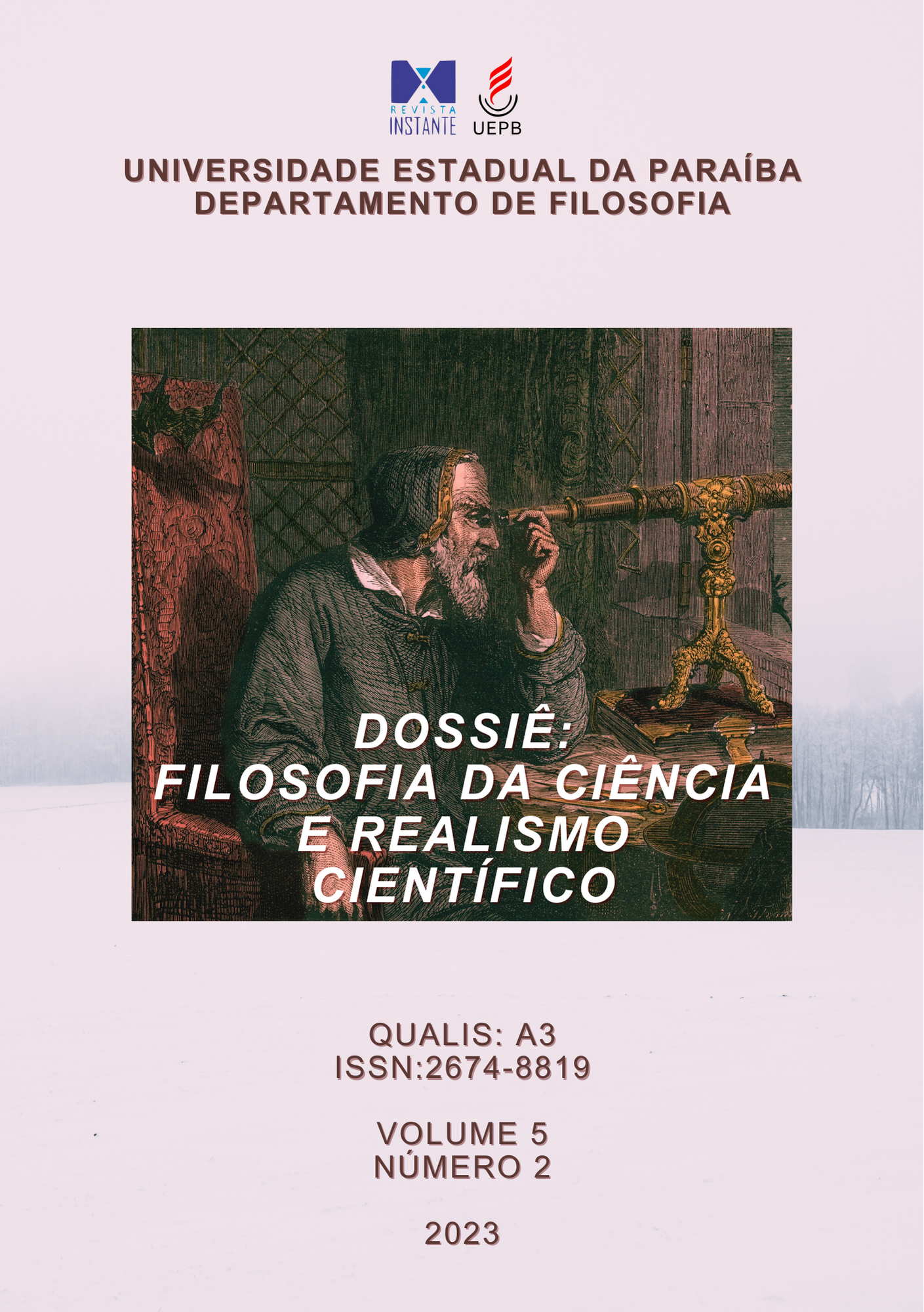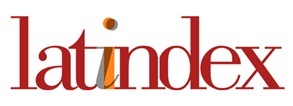REALISMO CIENTÍFICO, VERDADE INDEXADA E INDUÇÃO PESSIMISTA
Keywords:
Realismo Científico. Indução pessimista. Verdade. Verdade indexada. Submundos.Abstract
The debate between realism and anti-realism, within the scope of scientific knowledge, revolves around the existence of non-observable entities postulated by theories and the truth (or approximate truth) of these theoretical claims. Taking into consideration the challenge posed by the pessimistic induction argument against scientific realism, I aim, in this article, to develop a qualified scientific realism based on a revision of the truth concept and the introduction of the stricter concept of "truth indexed to subworlds." This novel approach to truth allows us to classify theories from the past as either false simpliciter or true in subworlds, thereby thwarting the pessimistic induction.
References
BAGHRAMIAN, Maria and CARTER, J. Adam. “Relativism”. The Stanford Encyclopedia of Philosophy (Spring, 2022 Edition), Edward N. ZALTA (ed.). Disponível em: <https://plato.stanford.edu/archives/spr2022/entries/relativism/>.
CHAKRAVARTTY, Anjan. “Scientific Realism”. The Stanford Encyclopedia of Philosophy (Summer 2017 Edition), Edward N. Zalta (ed.). Disponível em: <https://plato.stanford.edu/archives/sum2017/entries/scientific-realism/>.
DAVID, Marian. “The Correspondence Theory of Truth”. The Stanford Encyclopedia of Philosophy (Summer 2022 Edition), Edward N. ZALTA (ed.). Disponível em: <https://plato.stanford.edu/archives/sum2022/entries/truth-correspondence/>.
DEVITT, M. Realism and Truth. Oxford: Blackwell, 1984.
GLANZBERG, Michael. “Truth”. The Stanford Encyclopedia of Philosophy (Fall 2023 Edition), Edward N. Zalta & Uri Nodelman (eds.). Disponível em: <https://plato.stanford.edu/archives/fall2023/entries/truth/>.
KITCHER, P. The Advancement of Science: Science Without Legend, Objectivity Without Illusions. Oxford: Oxford University Press, 1993.
LAUDAN, L. “A Confutation of Convergent Realism”. Philosophy of Science. 1981, 48: 19–48.
LEWIS, D. On the plurality of worlds. Oxford: Blackwell, 1986.
POPPER, K. Conjectures and Refutations: The Growth of Knowledge. London: Routledge & Kegan Paul, 1972.
PSILLOS, S. “Scientific Realism and the ‘Pessimistic Induction’”. Philosophy of Science. 1996, 63: S306–14
__________. Scientific Realism: How Science Tracks Truth. London: Routledge, 1999.
__________. “Realism and Theory Change in Science”. The Stanford Encyclopedia of Philosophy (Fall 2022 Edition), Edward N. Zalta & Uri Nodelman (eds.). Disponível em: <https://plato.stanford.edu/archives/fall2022/entries/realism-theory-change/>.
PUTNAM, H. Meaning and the Moral Sciences, London: Routledge, 1978.
TICHÝ, P. “Verisimilitude Redefined”. British Journal for the Philosophy of Science. 1976, 27(1): 25–42.
WRAY, K. B., 2015, “Pessimistic Inductions: Four Varieties”. International Studies in the Philosophy of Science. 2015, 29(1): 61–73.










